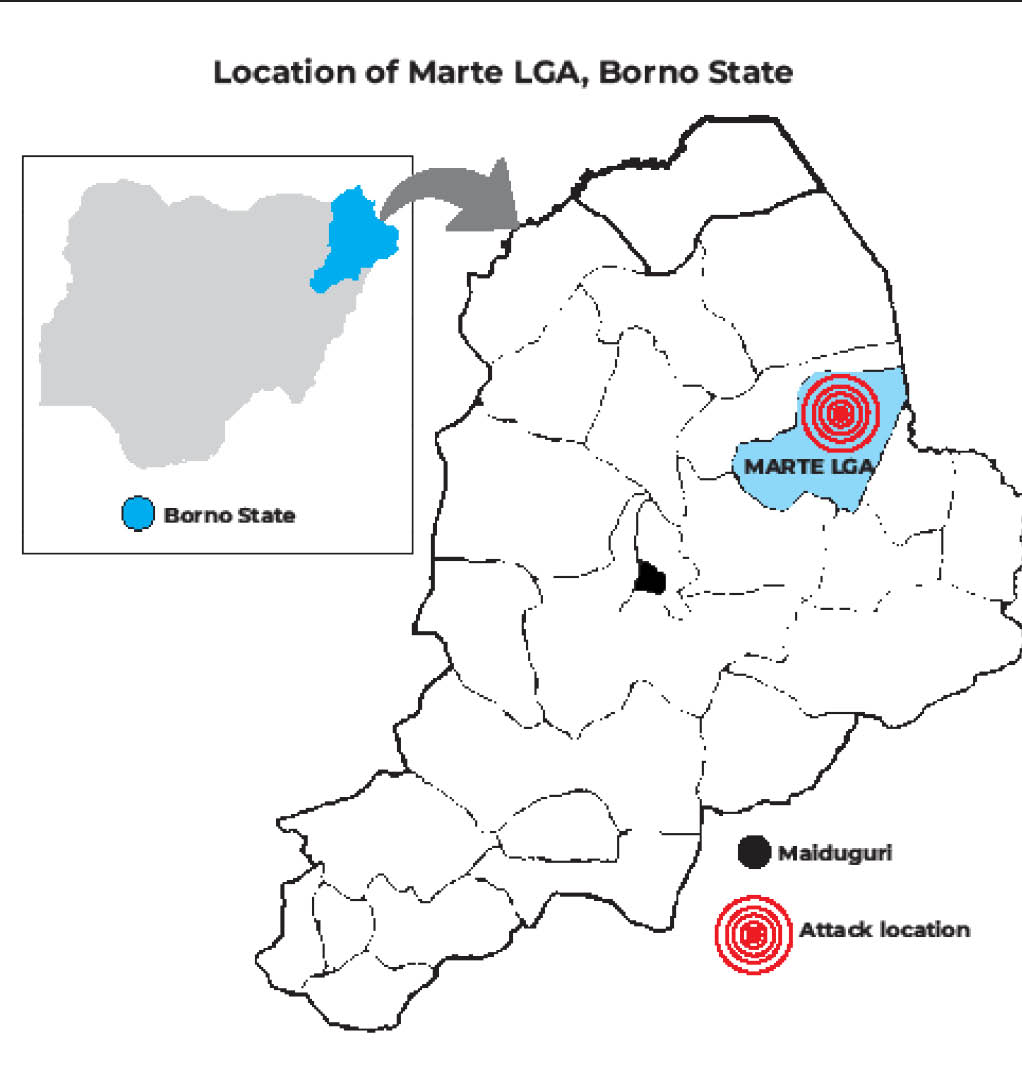Strategies to Decline Financial Demands from Family Members Gracefully

"How to Tackle Financial Pressures from Extended Family with Confidence
The family is an essential component of Nigerian society, and by extension, of Africa. The nuclear family, numerous cousins and nephews, grandparents, grand aunts, second, third, and fourth cousins, and everyone else even somewhat connected to us are all considered family here, in contrast to the western world.
In fact, it would be difficult for someone who doesn't go home much to recognize some of your family members.
For instance, almost every tribe in Nigeria uses this familial family structure. The family has many branches and is much more than just the nuclear enclave.
In fact, it would be difficult for someone who doesn't go home much to recognize some of your family members.
For instance, almost every tribe in Nigeria uses this familial family structure. The family has many branches and is much more than just the nuclear enclave.
Did you know? You can comment on this post! Just scroll down
For instance, according to Census.gov, 71% of families in the US were nuclear families in 2020. In contrast, families in Nigeria typically had 5.06 people living in them.
15% of homes were made up of families with more than eight individuals, according to Statista. African families are large and intricate.
Dependents
A "successful" Nigerian rarely just goes about creating his empire, in contrast to the West. You don't want to be known as the stingy, self-centered person who acquired fortune and left behind others who "toiled" for and with him.
15% of homes were made up of families with more than eight individuals, according to Statista. African families are large and intricate.
Dependents
A "successful" Nigerian rarely just goes about creating his empire, in contrast to the West. You don't want to be known as the stingy, self-centered person who acquired fortune and left behind others who "toiled" for and with him.
Having multiple uncles and aunts visit is normal when growing up in a typical Nigerian household. In the event that the dependent decides to remain permanently, it is also not unusual for parents to handle their feeding and educational needs; this is a choice that is left up to the dependent.
Fortunately or unfortunately, there are a lot of dependents in the current Nigerian family structure. By definition, these are persons who need to be taken care of by others because they are unable to fulfill their financial obligations for any reason.
The average destitution rate in Nigeria is 0.97 per person of working age, with Jigawa state having the highest rate at 1.4. This is according to Statista. This indicates that at least one dependent is owned by the typical Nigerian worker.
Adding another mouth or providing for one more person may be more challenging than first thought in a nation where households spend an average of 59% of their income on food.
The problem is made worse by the increase in food costs, which could turn a helpful person into someone who actually needs assistance.
Current economic conditions
Fortunately or unfortunately, there are a lot of dependents in the current Nigerian family structure. By definition, these are persons who need to be taken care of by others because they are unable to fulfill their financial obligations for any reason.
The average destitution rate in Nigeria is 0.97 per person of working age, with Jigawa state having the highest rate at 1.4. This is according to Statista. This indicates that at least one dependent is owned by the typical Nigerian worker.
Adding another mouth or providing for one more person may be more challenging than first thought in a nation where households spend an average of 59% of their income on food.
The problem is made worse by the increase in food costs, which could turn a helpful person into someone who actually needs assistance.
Current economic conditions
Many would concur with me that helping others was comparatively simpler a few years ago than it is now. Former help givers are now in need of assistance as Nigeria's inflation touched 28.92%, the Naira fell to about N1400/$, the electricity bill doubled, and petrol prices dropped to about N660/liter.
To illustrate the current state of the economy into concrete terms, consider a university instructor who makes N200,000 per year. He could set aside half of his pay to feed his family of six a few years ago, when a bag of rice cost about N16,000 and a bag of beans N15,000.
In the present day, a bag of rice costs approximately N77,000, while a bag of beans costs N70,000. Now, it would be difficult for our lecturer to provide for his family.
It goes without saying that he must use his pitiful N200,000 to purchase pricey imported goods and fuel his vehicle.
In the present day, a bag of rice costs approximately N77,000, while a bag of beans costs N70,000. Now, it would be difficult for our lecturer to provide for his family.
It goes without saying that he must use his pitiful N200,000 to purchase pricey imported goods and fuel his vehicle.
What happens to those dependents who wait for his monthly handouts? He is in a vulnerable position as a result of these increased financial constraints and economic realities. He might continue to help, but he might soon discover that taking on additional financial responsibilities is hurting his finances.
Is it possible to ignore demands from family members?
Is it possible to ignore demands from family members?
It's a challenging question. Depending on the demands themselves, it can be easy for many people to avoid them. Demands for maintenance, for instance, could be readily disregarded, but it would be quite difficult to ignore the demand for school registration, which might close in a few days.
Health issues and abroad travel also come into this group
As a financial expert, I have had customers in the past who have faced such issues and in most cases they are obliged to take financial decisions that are otherwise terrible in an effort to salvage the situation. Consider a distress call demanding that the kidnappers pay a ransom. To rescue their loved ones, some people have even gone so far as to sell valuable possessions like lands.
It is a difficult question, as I stated at the start of this section.
Humans generally have a tendency to bite the hands that feed them back. After receiving something in the past, we usually return the favor in the future, if not more.
In the context of meeting family obligations, reciprocity may entail providing for the education of extended family members because an extended member likewise provided for yours. It's also in the books to accommodate an extended family member for a period of time that could last anywhere from a few days to years.
How to allocate funds appropriately for these demands
As a financial expert, I have had customers in the past who have faced such issues and in most cases they are obliged to take financial decisions that are otherwise terrible in an effort to salvage the situation. Consider a distress call demanding that the kidnappers pay a ransom. To rescue their loved ones, some people have even gone so far as to sell valuable possessions like lands.
It is a difficult question, as I stated at the start of this section.
Humans generally have a tendency to bite the hands that feed them back. After receiving something in the past, we usually return the favor in the future, if not more.
In the context of meeting family obligations, reciprocity may entail providing for the education of extended family members because an extended member likewise provided for yours. It's also in the books to accommodate an extended family member for a period of time that could last anywhere from a few days to years.
How to allocate funds appropriately for these demands
- Establish monthly allotments: Think about setting aside a certain amount of your monthly income for aid. This can be achieved by creating a budget that will enable you to remain on course despite the demands' occasional fluctuations.As a real-world example, you may set away 10% of your monthly income of N500,000 for this purpose. This will be N50,000 every month to resolve family matters.
Help in groups: The impulsive and erratic nature of these requests is unquestionably one of the issues that people deal with. They might significantly surpass the amount allotted for this reason. Rendering assistance in batches is one method for doing this. For instance, you might provide N50,000 in aid over the course of two months if an issue emerges that would require N100,000 to resolve.
- blatantly refuse requests that put you at risk financially: What if a demand arises that is much beyond your means? Or a request that would probably put your money in danger. You might have to choose what's best for you in these situations. For instance, it is preferable to avoid and politely deny assistance if resolving the issue would mean using up all of your emergency cash. Financial difficulties are one thing, but trying to help someone else by making oneself poorer is quite another.
Article Posted 3 Months ago. You can post your own articles and it will be published for free.
No Registration is required! But we review before publishing! Click here to get started
One Favour Please! Subscribe To Our YouTube Channel!
468k
Cook Amazing Nigerian Dishes, Follow Adorable Kitchen YouTube Channel!
1.1m
Like us on Facebook, Follow on Twitter
React and Comment
Click Here To Hide More Posts Like This
Watch and Download Free Mobile Movies, Read entertainment news and reports, Download music and Upload your own For FREE.
Submit Your Content to be published for you FREE! We thrive on user-submitted content!
But we moderate!

















